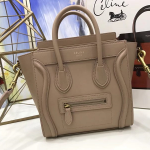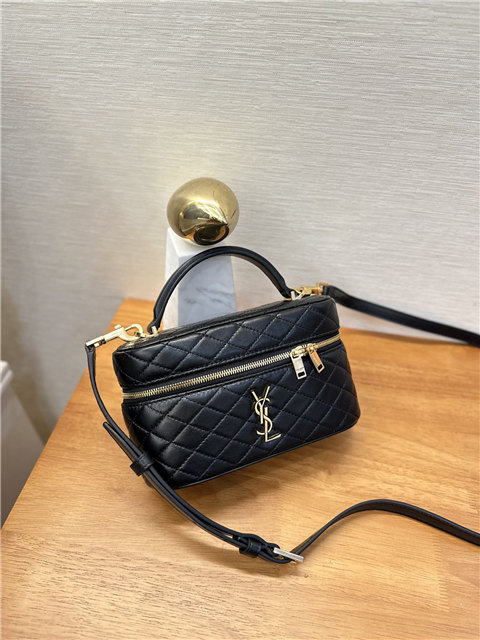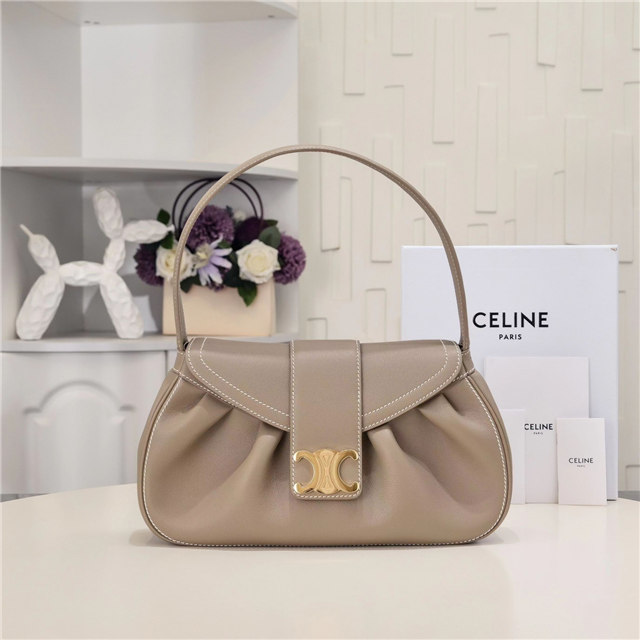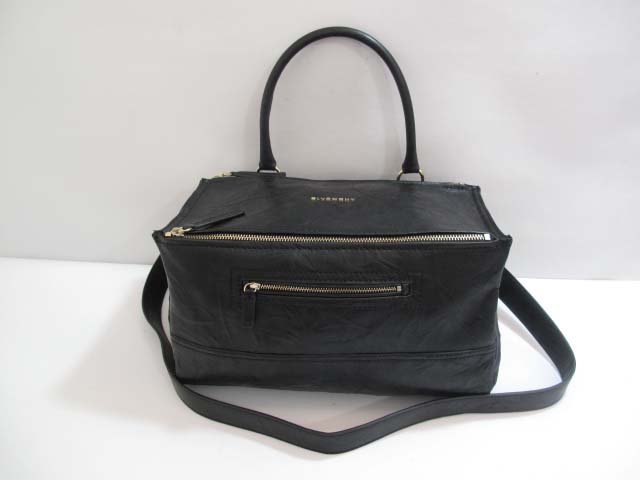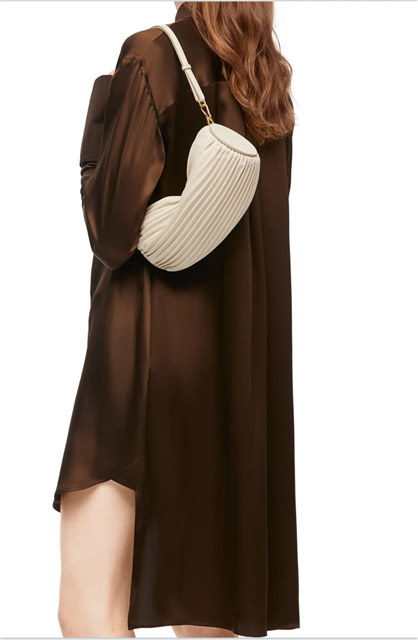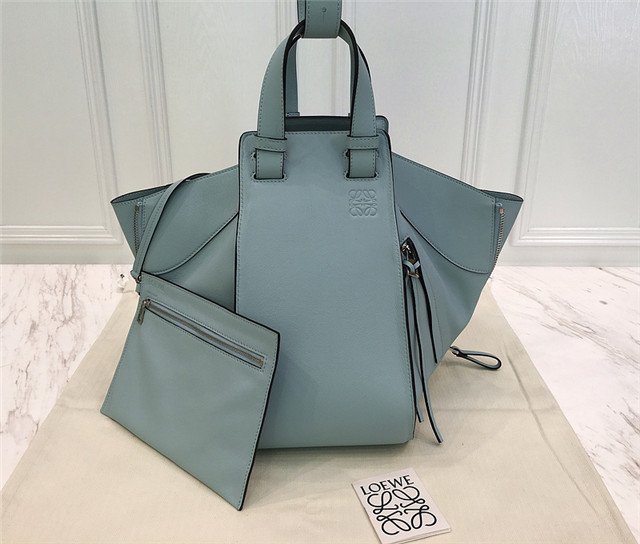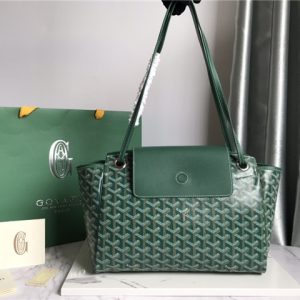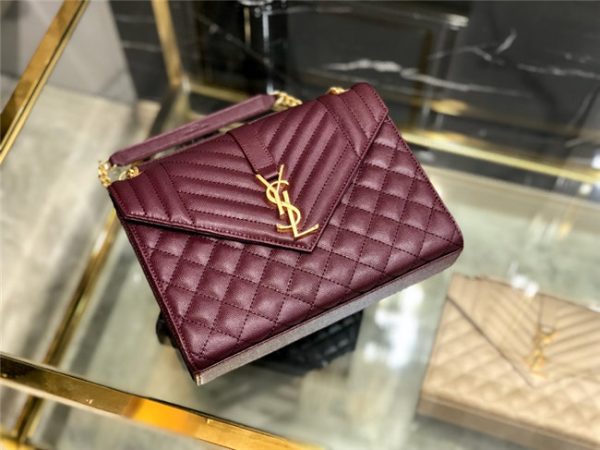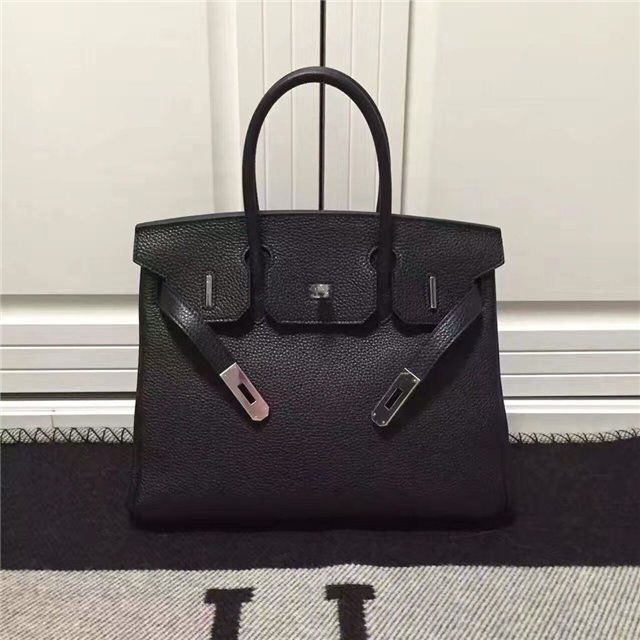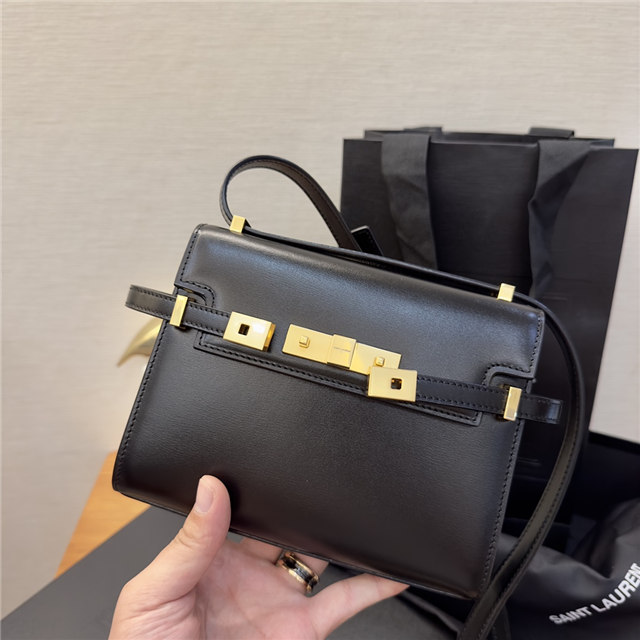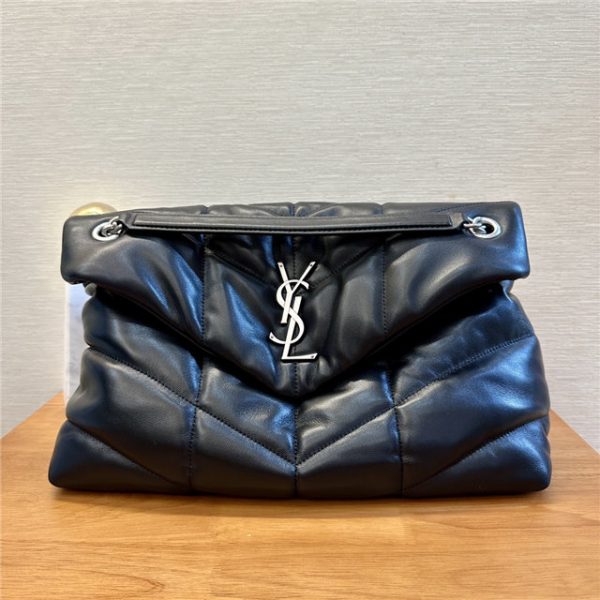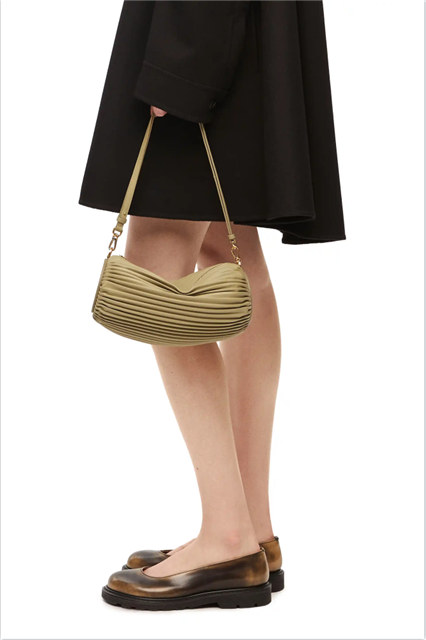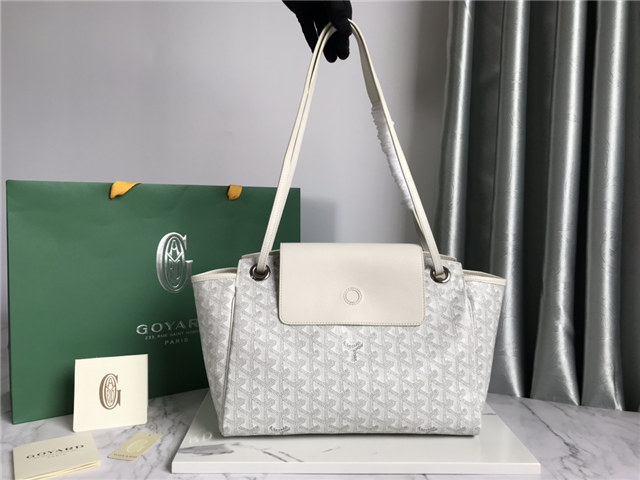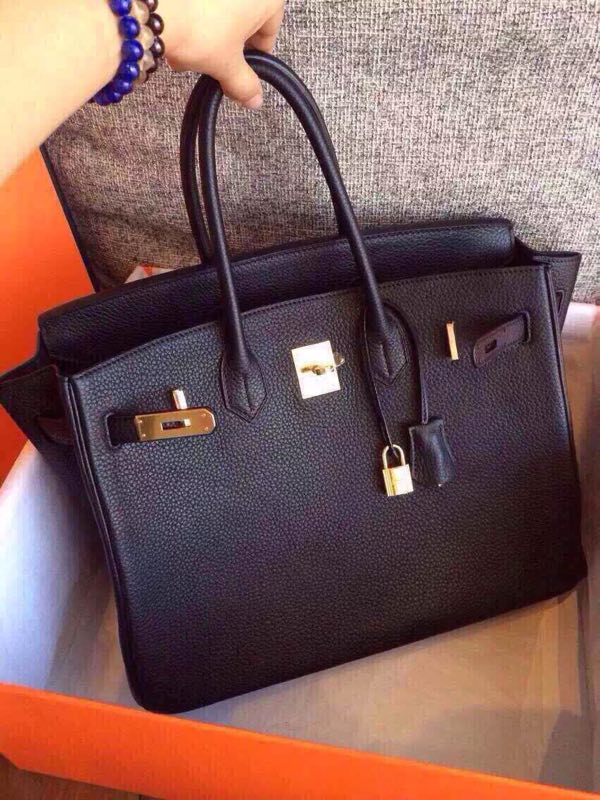First off, let’s clarify. We’re talking “replica,” right? “Rep” is the slang term, the underground code, for, you know, *not* the real deal. Prada Symbole – that’s a pretty iconic line. Think bold frames, that triangular logo, the whole vibe is just… expensive. So, naturally, there’s a market for stuff that *looks* expensive, without, ya know, *being* expensive.
I mean, look at the descriptions you gave me. “Expressão máxima do seu estilo refinado”? “Afirmação de elegância e confiança”? Okay, Prada’s marketing team is *good*. They know how to make you feel like sunglasses are the key to unlocking your inner supermodel. And hey, maybe they *are*! But for those of us who are, uh, slightly less inclined to drop serious cash on shades, reps become tempting.
Now, here’s the thing. Quality is a HUGE gamble. You might get lucky and snag a rep that’s *almost* indistinguishable from the real thing. Maybe the logo is a *tiny* bit off, the plastic feels a *little* cheaper, but hey, who’s gonna notice, right? And I mean, who cares if its fake if it looks good?
Then again, you might end up with something that screams “dollar store” from a mile away. Crooked frames, flimsy hinges, lenses that make everything look like you’re seeing it through a funhouse mirror. Been there, done that, wouldn’t recommend. Trust me.
And don’t even get me started on the ethical side of things. Supporting counterfeit goods is, well, not exactly a virtuous act. It impacts legitimate businesses, and sometimes the production conditions are… less than ideal. But let’s be honest, most people buying reps aren’t exactly thinking about the global economy. We’re thinking, “Damn, those sunglasses look good, and I can get them for a fraction of the price.”
The description you included mentioning “This is my third pair of the Symbole lineup and they’ve all been great quality” is probably genuine. I mean, people *do* like the real thing, obviously. The 3-month manufacturer’s warranty also sounds legit. Reps? Forget about warranties. You’re on your own, kid.

